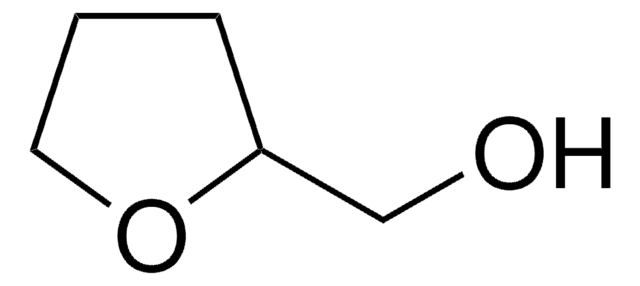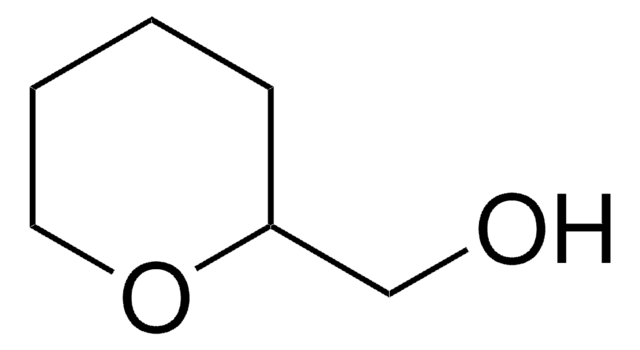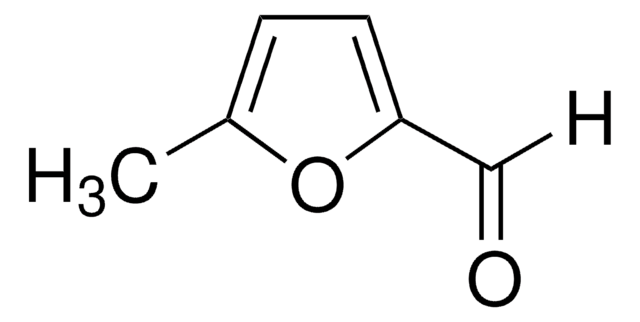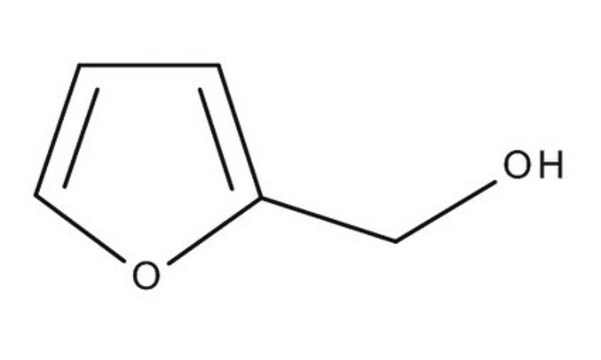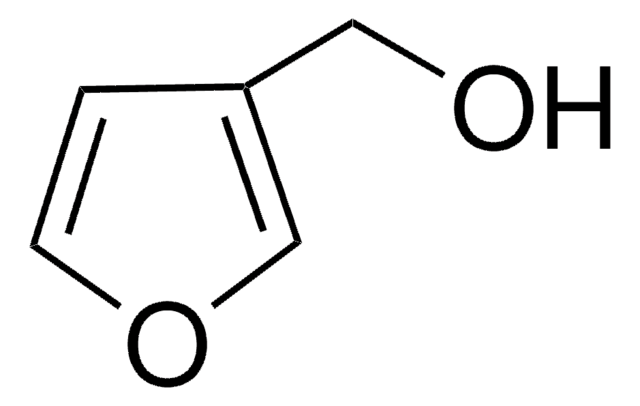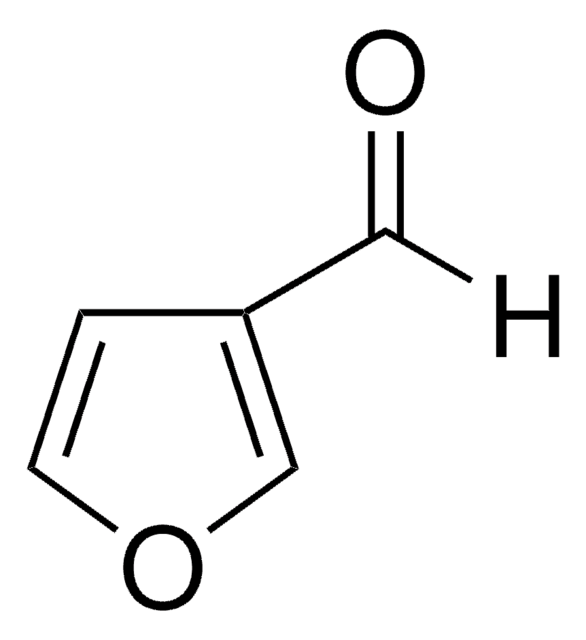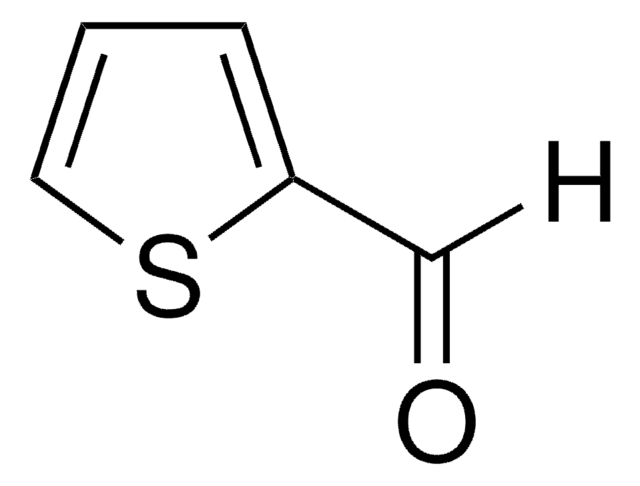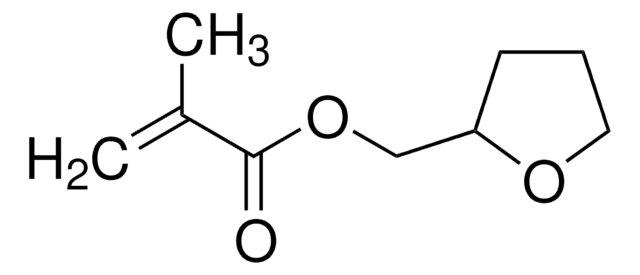185396
Tetrahydrofurfuryl alcohol
99%
Synonym(s):
NSC 15434, Tetrahydro-2-furanmethanol
About This Item
Recommended Products
vapor density
3.52 (vs air)
Quality Level
vapor pressure
2.3 mmHg ( 39 °C)
Assay
99%
form
liquid
expl. lim.
9.7 %
refractive index
n20/D 1.452 (lit.)
bp
178 °C (lit.)
mp
−80 °C (lit.)
solubility
acetone: miscible(lit.)
alcohol: miscible(lit.)
benzene: miscible(lit.)
chloroform: miscible(lit.)
diethyl ether: miscible(lit.)
water: miscible(lit.)
density
1.054 g/mL at 25 °C (lit.)
SMILES string
OCC1CCCO1
InChI
1S/C5H10O2/c6-4-5-2-1-3-7-5/h5-6H,1-4H2
InChI key
BSYVTEYKTMYBMK-UHFFFAOYSA-N
Looking for similar products? Visit Product Comparison Guide
Related Categories
General description
Application
Signal Word
Danger
Hazard Statements
Precautionary Statements
Hazard Classifications
Eye Irrit. 2 - Repr. 1B
Storage Class Code
6.1C - Combustible, acute toxic Cat.3 / toxic compounds or compounds which causing chronic effects
WGK
WGK 2
Flash Point(F)
163.4 °F - closed cup
Flash Point(C)
73 °C - closed cup
Personal Protective Equipment
Regulatory Listings
Regulatory Listings are mainly provided for chemical products. Only limited information can be provided here for non-chemical products. No entry means none of the components are listed. It is the user’s obligation to ensure the safe and legal use of the product.
EU REACH Annex XVII (Restriction List)
Certificates of Analysis (COA)
Search for Certificates of Analysis (COA) by entering the products Lot/Batch Number. Lot and Batch Numbers can be found on a product’s label following the words ‘Lot’ or ‘Batch’.
Already Own This Product?
Find documentation for the products that you have recently purchased in the Document Library.
Customers Also Viewed
Our team of scientists has experience in all areas of research including Life Science, Material Science, Chemical Synthesis, Chromatography, Analytical and many others.
Contact Technical Service